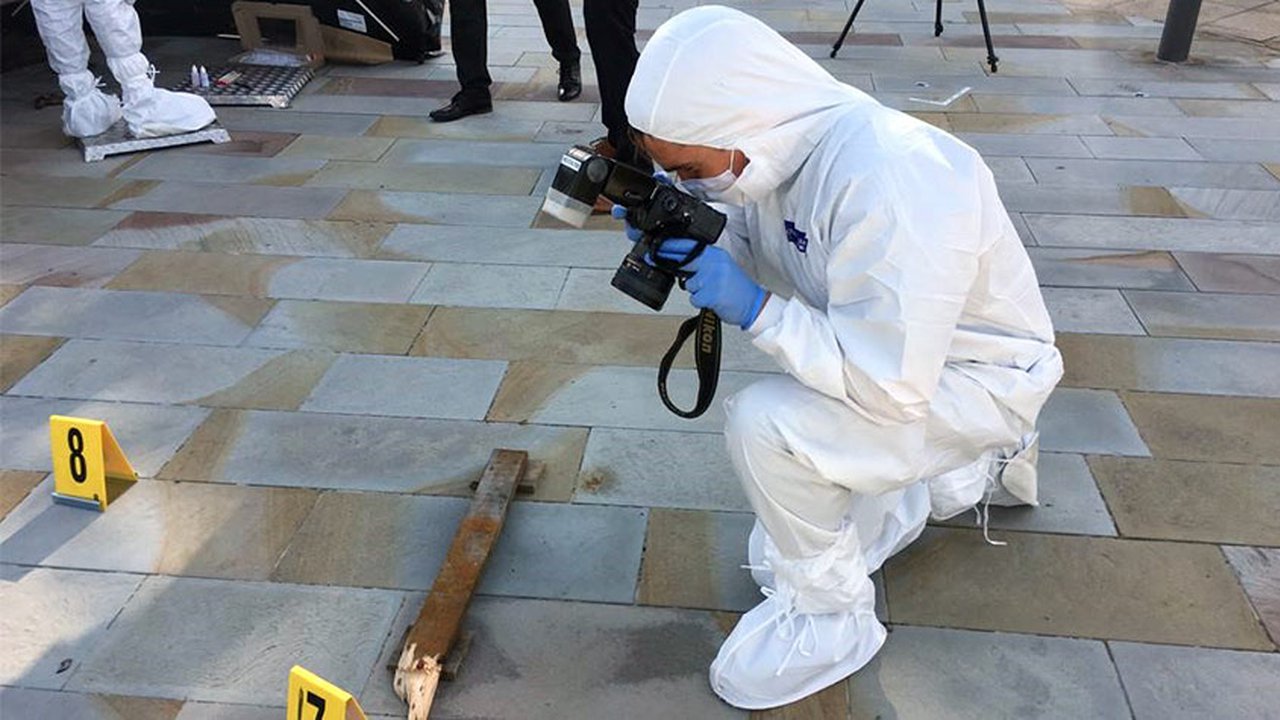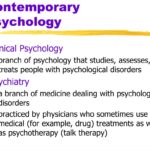Is Forensic Science Hard? A Practical Guide to Challenges, Rewards, and Career Entry

Understanding the Difficulty of Forensic Science
Forensic science is often perceived as a challenging discipline due to its interdisciplinary nature, high academic standards, and the critical real-world impact of its findings. The field combines biology, chemistry, physics, mathematics, and law to analyze evidence and provide scientific support in criminal investigations. Prospective students and career changers frequently ask: Is forensic science hard? The answer depends largely on your academic background, personal dedication, and career goals.
Academic Rigor and Educational Requirements
Most forensic science programs are academically rigorous, demanding strong foundations in science and mathematics. For instance, the Bachelor of Science degree in Forensic Science at Penn State requires up to 123 credits, including substantial coursework in biology, chemistry, mathematics, and general education [1] . At the University of Texas at El Paso (UTEP), students must maintain a minimum GPA of 2.5 in both overall and math/science courses to declare a forensic science major, with at least 86 semester hours in science and mathematics [4] .
Graduate studies further intensify the challenge. Admission to master’s programs typically requires a bachelor’s degree in a natural science, a competitive GPA (often 3.0 or higher), and completion of prerequisite courses such as general chemistry, organic chemistry, biology, statistics, and physics [3] . Specialized certificate programs, such as those offered by the University of Florida, allow professionals to focus on areas like death investigation, toxicology, drug chemistry, and DNA analysis, all delivered in an online format for flexibility.
Training Requirements and On-the-Job Challenges
Even after completing academic programs, forensic scientists must undergo extensive practical training. For example, the Illinois State Police require forensic scientist trainees to have a bachelor’s degree in natural or forensic science, with specific coursework in chemistry. The training period varies by discipline, ranging from 12 months for drug chemistry to 30 months for trace chemistry [5] . Trainees receive hands-on instruction in laboratory techniques, evidence handling, and advanced technology.
During this period, trainees face challenges such as mastering complex instrumentation, adhering to strict procedural standards, and learning to present scientific findings clearly in court. Success depends on the ability to progress through the program, and promotion to a Forensic Scientist I role occurs only after successful completion of these rigorous programs.
Entry Pathways and Alternative Approaches
While a college degree is the most common route into forensic science, some regions-including Florida-do not have set educational requirements for entry-level positions [2] . However, holding a degree in forensic science or a related field is widely recognized as the easiest way to qualify for jobs and gain credibility as an expert witness in the legal system.
For those without advanced science degrees, alternative approaches include focusing on educating court audiences about the science used, illustrating findings with visual aids, and demonstrating expertise through professional experience. This strategy may be particularly effective for individuals who excel at communication and scientific explanation, but formal education remains the most reliable path to career advancement and recognition.
Career Specializations and Their Complexity
Forensic science covers a wide range of specializations, each with unique challenges and skill requirements:

Source: dreamstime.com
- Forensic Biologists specialize in DNA analysis, often requiring advanced degrees to work in crime laboratories or pursue medical examiner roles [4] .
- Forensic Chemists analyze non-biological trace evidence, such as chemical residues, drugs, and fibers. Success in this area requires expertise in analytical techniques like gas chromatography and spectrophotometry.
- Latent Print Examiners focus on fingerprint identification, requiring attention to detail and thorough knowledge of pattern recognition.
- Toxicologists investigate the presence of poisons and drugs in biological samples, demanding skills in chemistry and biology.
The complexity of each specialization depends on the depth of scientific knowledge required, the precision of laboratory analysis, and the ability to communicate findings effectively in legal settings.
Overcoming Challenges: Strategies for Success
Success in forensic science requires a combination of academic preparation, practical training, and soft skills. Here are actionable steps to help overcome common challenges:
- Build a Strong Science Foundation: Focus on core courses in biology, chemistry, mathematics, and physics during high school and undergraduate studies. Seek out laboratory experiences and internships to develop hands-on skills.
- Pursue Accredited Programs: Enroll in programs recognized by professional organizations, such as the American Academy of Forensic Sciences. Accredited programs ensure comprehensive training and increase employability.
- Develop Communication Skills: Learn to present complex scientific findings clearly, both in written reports and oral testimony. Effective communication is crucial for expert witnesses in court.
- Seek Professional Certifications: Obtain certifications from organizations like the American Board of Criminalistics or the International Association for Identification. Certifications validate expertise and may enhance career prospects.
- Stay Current with Advancements: Forensic science is rapidly evolving. Regularly read industry publications, attend workshops, and participate in continuing education to stay informed about new technologies and best practices.
For students or professionals who find certain aspects challenging, alternative approaches may include focusing on a narrower specialization, pursuing graduate certificates, or seeking mentorship from experienced forensic scientists.
How to Access Training, Education, and Career Opportunities
Prospective forensic scientists can access educational programs and career opportunities through several pathways:
- Research accredited universities and colleges offering forensic science degrees. Use official university websites and search for “Bachelor of Science in Forensic Science” or “Forensic Science graduate programs.” Examples include Penn State, UTEP, and Stevenson University.
- Contact state and local law enforcement agencies for information on trainee programs and job openings. For example, the Illinois State Police publish detailed requirements and training information for forensic scientist trainees [5] .
- Seek professional organizations for guidance and certification. The American Academy of Forensic Sciences provides resources on education, training, and career development. Visit their official website and search for “forensic science career resources.”
- Explore online certificate programs for flexible, targeted training. The University of Florida offers graduate certificates in various forensic specialties, available through its official website [3] .
When searching for programs, always verify the institution’s accreditation and reach out directly via official contact channels-such as university admissions offices or program coordinators-to confirm requirements and deadlines.
Potential Challenges and Solutions
Common obstacles in forensic science include academic demands, technical complexity, and the pressure of legal accountability. Solutions to these challenges involve structured study habits, seeking academic support, and building practical experience through internships and laboratory work.

Source: shutterstock.com
For those struggling with the academic load, many universities offer tutoring, study groups, and faculty mentorship programs. Professional organizations may provide networking opportunities, conferences, and continuing education workshops to support ongoing learning.
Key Takeaways
Forensic science is a demanding but rewarding field, requiring strong science skills, attention to detail, and effective communication. Academic rigor and extensive training are the norm, but multiple entry pathways and support resources exist to help overcome challenges. By building a solid foundation, seeking accredited education, and continually developing skills, aspiring forensic scientists can succeed in this competitive and impactful profession.
References
- [1] Penn State (2022). Forensic Science, B.S. Requirements.
- [2] All Criminal Justice Schools (2024). Becoming a Forensic Scientist in Florida.
- [3] ForensicsColleges.com (2025). How To Become a Forensic Scientist: Requirements & Steps.
- [4] University of Texas at El Paso (2025). BS in Forensic Science.
- [5] Illinois State Police (2025). Forensic Scientist Trainee.






